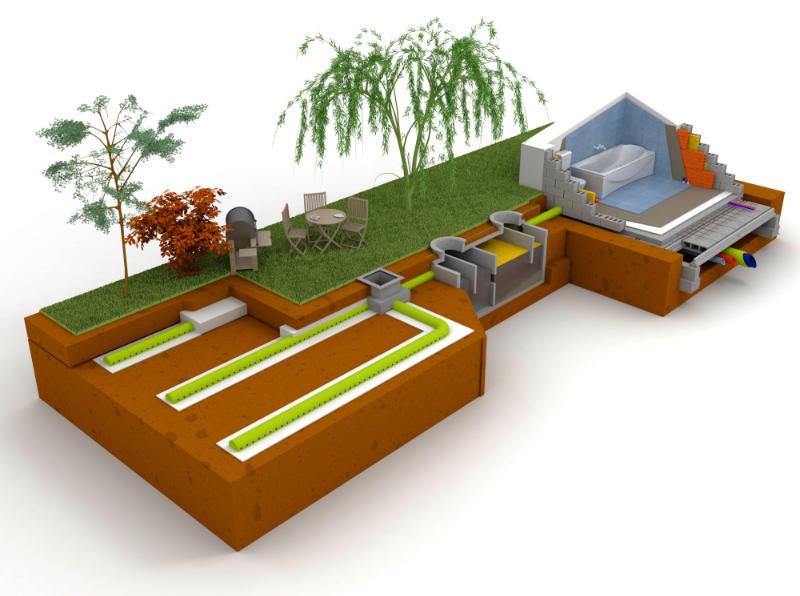 If you have a septic system in your home you probably have several questions about the system. These frequently asked questions and the answers to them could help you save a lot of heartache, stress and money.
If you have a septic system in your home you probably have several questions about the system. These frequently asked questions and the answers to them could help you save a lot of heartache, stress and money.
For Septic System Maintenance Call 800-739-3762
-

Today my drains blocked up, and I contacted your company. The person sent to fix my drains, Sam, was professional and worked diligently and efficiently. Whenever I have drain issues, I will be calling...
 Bruce Parker
Bruce Parker

-

The servicemen couldn’t have been more friendly, hard working and knowledgeable about the job. I just wanted you to know that we were very pleased with the service we got from your company.
 Sam Jacobsen
Sam Jacobsen

Here are some frequently asked questions about septic systems and the answers to them:
- Where do I find my septic tank?
A septic tank is typically underground, buried close to your house.
- How long will my septic tank last?
If you have a concrete septic tank this will last you an average of 40 years or more if it is made of quality concrete and your ground water is not acidic. Steel septic tanks are subject to corrosion and in 15-20 years often have already rusted. If you have a preventive maintenance and inspection program for your system, this condition will be easily detected.
- What should and should not go into my septic system?
If you want your system to be in proper working condition, make sure that only human wastewater goes into your system - waste water from the kitchen and bathroom sinks, shower and bathtub sinks and laundry water. It can take a moderate amount of laundry and bath soap, biodegradable detergents and household chemicals and food scraps from a garbage disposer. What you should not flush down your toilet are sanitary napkins, cigarette filters, plastic and other non-biodegradable as well as hazardous chemicals and substances. These could clog your system and/or kill the bacteria in the system that digest or consume the human waste.
- Are additives effective for my septic system?
If you have a perfectly working septic system, additives are not needed. But if your system is overloaded by unusual usage such as having more people in your home than normal, or during the holidays when you’ve had several big parties held in your home, then the bacteria and enzymes contained in additives could help.
- When should I have my septic tank pumped?
If you have a preventive maintenance program SewerMan will have a schedule on how frequently your system needs to be pumped. We create this schedule based on the size of your tank and size of your house and household. If you don’t have one, the general rule is every 3 to 5 years.
- What should I do if I notice some signs of ponding or flooding in my drain field?
The most prudent thing to do once you notice signs of drain field flooding is to call SewerMan. In the meantime, avoid or minimize using the system first. Drain field flooding is a sign of system failure and the wastewater that enters it is not being properly treated and may cause health problems.
The best way to prevent septic system problems is to have regular maintenance scheduled. At SewerMan we specialize in both regular maintenance and emergency repair. Call us today to get your septic system taken care of properly.

